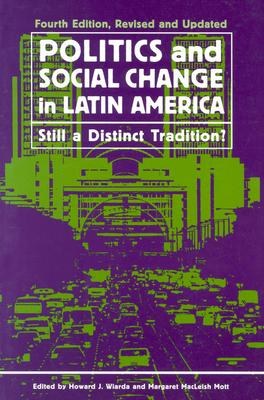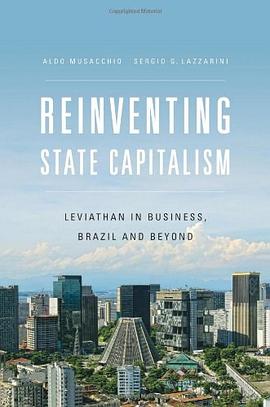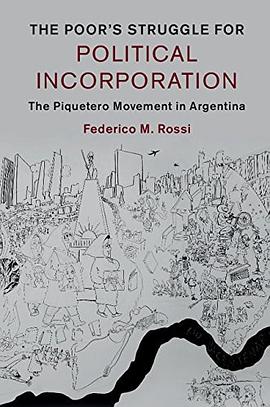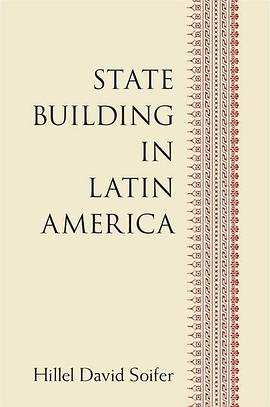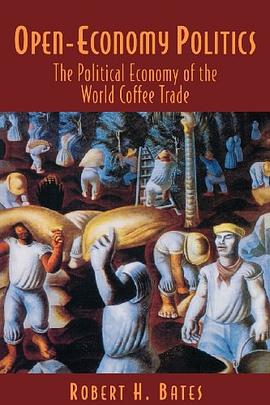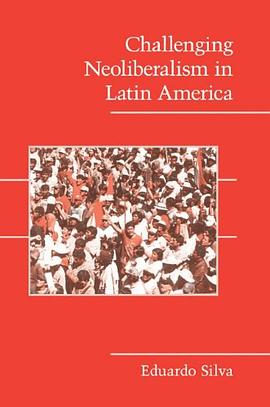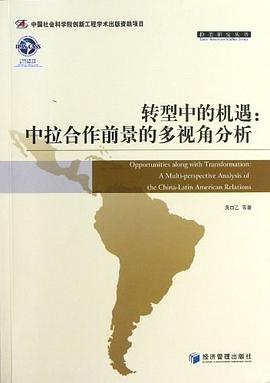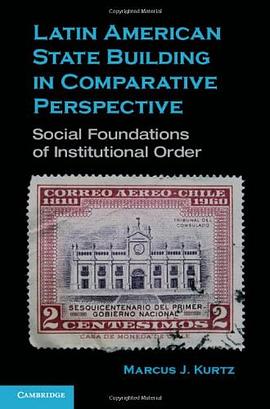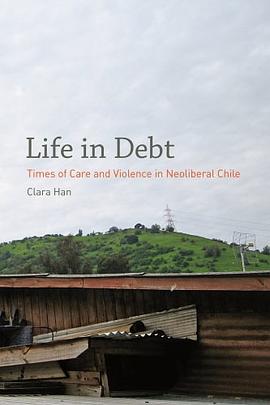

具體描述
Chile is widely known as the first experiment in neoliberalism in Latin America, carried out and made possible through state violence. Since the beginning of the transition in 1990, the state has pursued a national project of reconciliation construed as debts owed to the population. The state owed a "social debt" to the poor accrued through inequalities generated by economic liberalization, while society owed a "moral debt" to the victims of human rights violations. "Life in Debt" invites us into lives and world of a poor urban neighborhood in Santiago. Tracing relations and lives between 1999 and 2010, Clara Han explores how the moral and political subjects imagined and asserted by poverty and mental health policies and reparations for human rights violations are refracted through relational modes and their boundaries. Attending to intimate scenes and neighborhood life, Han reveals the force of relations in the making of selves in a world in which unstable work patterns, illness, and pervasive economic indebtedness are aspects of everyday life. Lucidly written, "Life in Debt" provides a unique meditation on both the past inhabiting actual life conditions but also on the difficulties of obligation and achievements of responsiveness.
著者簡介
Clara Han is Assistant Professor of Anthropology at Johns Hopkins University.
圖書目錄
Introduction
1. Symptoms of Another Life
2. Social Debt, Silent Gift
3. Torture, Love, and the Everyday
4. Neoliberal Depression
5. Community Experiments
6. Life and Death, Care and Neglect
Conclusion: Relations and Time
Notes
References
Index
· · · · · · (收起)
讀後感
評分
評分
評分
評分
用戶評價
人類學就是這樣,日常的東西誰都可以看到,但你是不是一個好的人類學傢,還是看你用什麼樣的理論視角去看。這也是田野焦慮的源頭
评分一定會來讀第二次的
评分瀏覽。文筆確實相當優美,故事、理論和曆史背景相互穿插平衡不錯,其它就不明覺厲瞭,給人類學傢跪一個
评分纔看第一章,就有一種被人看穿心思的感受。這種洞察力和錶達能力,簡直是……666
评分寫完不知所謂的書評終於可以標記
相關圖書
本站所有內容均為互聯網搜索引擎提供的公開搜索信息,本站不存儲任何數據與內容,任何內容與數據均與本站無關,如有需要請聯繫相關搜索引擎包括但不限於百度,google,bing,sogou 等
© 2025 book.quotespace.org All Rights Reserved. 小美書屋 版权所有

